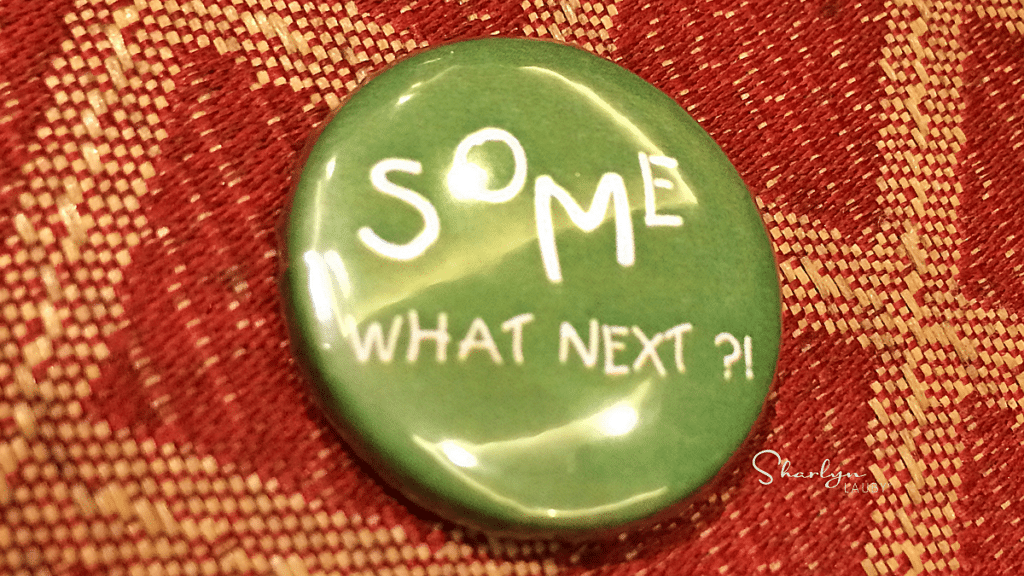It is okay to not have all the answers
Estimated reading time: 2 minutes
One of the best conversations at this year’s Society for Human Resource Management (SHRM) Annual Conference was between Chipotle Mexican Grill’s Chairman and CEO, Brian Niccol and Chief Diversity, Inclusion, and People Officer, Marissa Andrada. Specifically, the part of the conversation that I found very insightful was when they talked about the pandemic and how they’ve been communicating with employees.
I’m paraphrasing but basically they said that they told everyone, “We don’t have all the answers. But we’ll figure it out. And we might not get it right. But we’ll fix it. And learn.” Honestly, more organizations and individuals need to learn how to comfortably say this. And not just in relationship to the pandemic, but all the time.
It’s okay not to have all the answers. Go find them.
Sometimes we’re going to miss something and get it wrong. Go make it right.
We can learn from our mistakes and become stronger for it.
While Niccol and Andrada made saying these words sound so easy, the truth is it’s very difficult. In the business world, we tend to reward people for “having all the answers”. Employees are promoted because they always know the answer. As a result, not having an answer could be perceived as a bad thing. Organizations have to change that thinking and reward people for being curious and always working to find good answers.
And note that this isn’t just an organizational paradigm shift. It’s a communication exercise as well.
Over the next few months, organizations and individuals are going to find themselves in situations where they don’t have all the answers. Start thinking about the best way to respond. Start practicing how you’re going to say those words. I know, that might sound silly but practice saying with confidence and empathy “I don’t know the answer but I’m going to find out.” Like I said, this is harder than it looks.
Because the goal isn’t for someone to walk away from the conversation wondering. It’s for them to leave knowing you’re going to do the right thing, even if they don’t get an immediate answer.
Image captured by Sharlyn Lauby while exploring the streets of Las Vegas, NV
15